By Adam Lynnes, AWS – CWI, CWE, Instructor – Lynnes Welding Training, Fargo, ND
Standards and testing to those standards are both very important in the welding industry. While not mandatory to have to obtain a job, most employers want to know that their welders can pass and maintain a level of competence and ability on the welds they will perform in their daily work. Common terms that are used in the welding industry to measure this are welder qualifications’ and ‘welder certifications’, and we are often asked to explain what they mean.
What is a Welder Qualification? A welder qualification (welder qualification test record) is a document that the welder would receive if they pass a certain weld test that was given to them. The welder qualification that they receive will only qualify them to certain variables which can include but not limited to: welding process; welding positions; and thickness of material. Because welder qualifications test to multiple variables, there can’t be just one qualification that covers them for everything. So, there are multiple welder qualifications that can be tested to and obtained.
What is a Welder Certification? A welder certification is a document (wallet card) that the welder would receive by AWS if they pass a certain weld test that was taken at an Accredited Test Facility (ATF) like Lynnes Welding Training. If the welder passes the test a WQTR would be sent in to the AWS by the AFT. The welder would then receive the wallet card that will have the qualification(s) indicated and a unique CW (certified Welder) number. In order for the certification to stay valid the welder needs to renew or show proof of continued welding in that qualification every six months.
Why are They Needed? Welder qualifications and certifications are important in that they tell the employer or industry that a welder has the ability and skill set to perform a specific type of weld at a high quality and to ensure uniform outcomes. It also shows that the welder has met the standards set forth by a specific code to produce a high quality sound weld which ensures the safety and integrity of the project they will be welding on. Without welder qualifications and certifications, the industry would lack the ability to ensure there are quality welders to perform welds that require a certain level of skill.
Which Ones Should I Have? Unfortunately, the answer is ‘it depends’. There is no one test that covers everything, so you will need to know the specifics of what you will be welding (e.g. welding process, welding positions, type and thickness of material, etc.) Most welders in the industry are tested to welder qualifications or certifications that are specific to their employer’s work. For example, a welder in the pipe welding industry will test to different standards than a welder in structural steel or manufacturing, etc.
At Lynnes Welding Training, we offer welder certification tests to several of the common welding procedures in various industries, as well as providing various employers’ welder qualification tests in the region. If you have questions on any of this, please give us a call.
